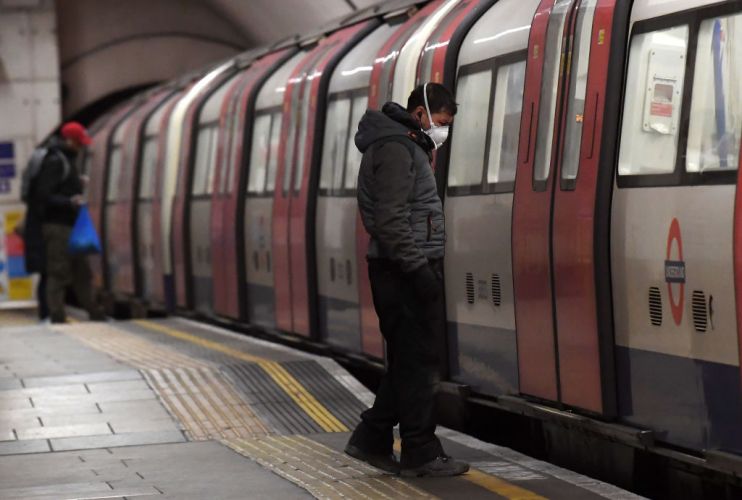Long-term funding deal for TfL can ‘fuel’ UK recovery, says network boss

Transport for London’s (TfL) commissioner this morning said that a long-term funding package for the beleaguered transport network could help fuel the UK’s post-Covid recovery.
At the moment, the operator is currently being propped up by the second of two six-month bailouts worth a combined £3.3bn from the government.
But come 31 March, TfL will be faced with a new funding blackhole unless a new deal can be agreed.
Speaking at a webinar this morning, TfL commissioner Andy Byford said that he was grateful to the government for the packages agreed so far, but that the “hand-to-mouth, begging-bowl approach” had to end.
His priority, he said, was to negotiate a four to five year funding package with the government to set TfL on the path to recovery after the coronavirus crisis.
Although it will need support over the next couple of years, he added that the network could return to financial sustainability in terms of operating costs by 2024 if a long-term deal was agreed.
For capital projects, however, Byford said that TfL would still need £1.6bn from the government every year until 2030.
Before the Open: Get the jump on the markets with our early morning newsletter
“I argue that it is a price worth paying”, he said. “It’s not just funding TfL, it’s not just funding London, it is fueling the UK’s recovery.”
He added: “London needs to be at the centre of the economic recovery. If London gets back to full viability, and that will only come about through a viable transport system, it can continue to generate the funds that can then be put into levelling up.”
TfL recently set out a Financial Sustainability Plan which made a number of proposals as to how the operator can fix its battered finances.
Byford said that such schemes would help move the network away from its heavy reliance on fares, which made up 72 per cent of its revenues in 2019.
The proposals include allowing London to keep the £500m car users pay in Vehicle Excise Duty a year, or raising a similar amount through a “boundary” charge on cars entering Greater London.
A Department for Transport spokesperson said: “The Government is committed to supporting London’s transport network throughout the pandemic and we have repeatedly shown this with more than £3bn in emergency funding since May 2020.
“We will be considering TfL’s Financial Sustainability Plan carefully and will continue to work with the Mayor to get TfL on a more stable financial footing in a way that is fair to UK taxpayers.”